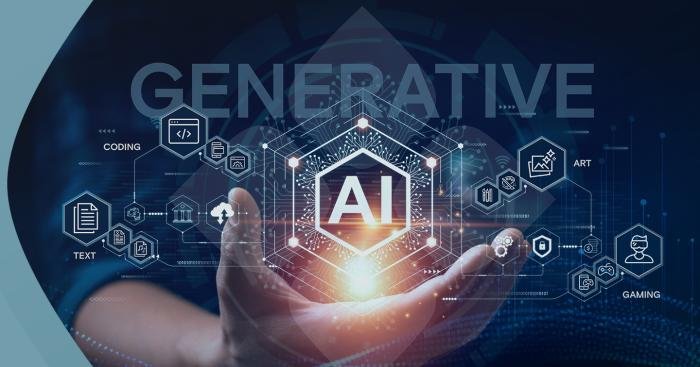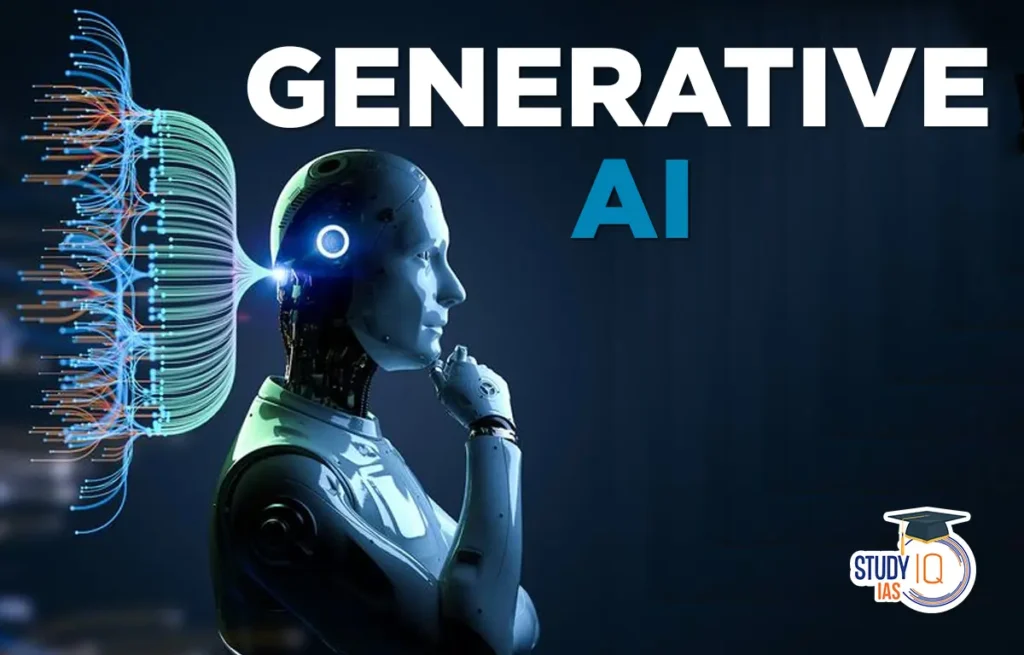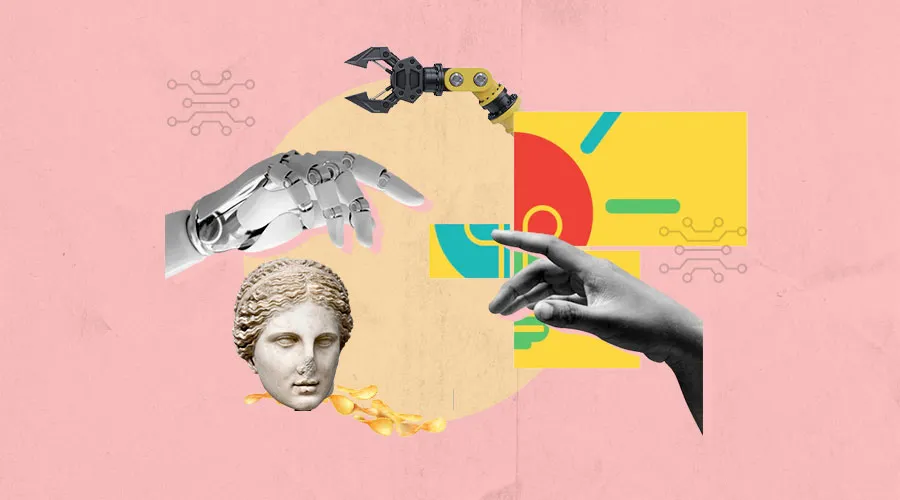Power of Generative AI
Generative AI is reshaping the world by enabling machines to create content that was once thought to be exclusively human. From producing art and music to drafting text and even designing software, this advanced subset of artificial intelligence is unlocking endless possibilities. In this blog, we’ll explore how generative AI works, its groundbreaking applications, and its potential to revolutionize industries.
What is Generative AI?
Generative AI refers to AI models designed to generate new content based on the data they have been trained on.
- How it Works: Generative AI models, such as GPT (text generation) and DALL-E (image generation), leverage deep learning techniques like neural networks to create realistic and context-aware outputs.
- Key Technologies: Variational Autoencoders (VAEs), Generative Adversarial Networks (GANs), and Transformer Models are the driving forces behind generative AI.
Applications of Generative AI
Generative AI is transforming multiple industries with innovative use cases:
- Content Creation: Automates writing, video editing, and graphic design. Tools like ChatGPT and Jasper AI assist businesses in generating blog posts, emails, and ad copy.
- Art and Design: Artists use AI models like DALL-E to create unique visuals and digital art.
- Healthcare: AI designs new molecules for drug discovery, accelerating medical research.
- Gaming and Entertainment: AI generates realistic characters, storylines, and even virtual worlds.
Generative AI in Business
Businesses are leveraging generative AI to:
- Enhance Productivity: Automate repetitive creative tasks, allowing employees to focus on strategy.
- Personalize Customer Experiences: AI generates tailored content and product recommendations for customers.
- Develop Prototypes: Design mockups or simulate scenarios quickly and efficiently.
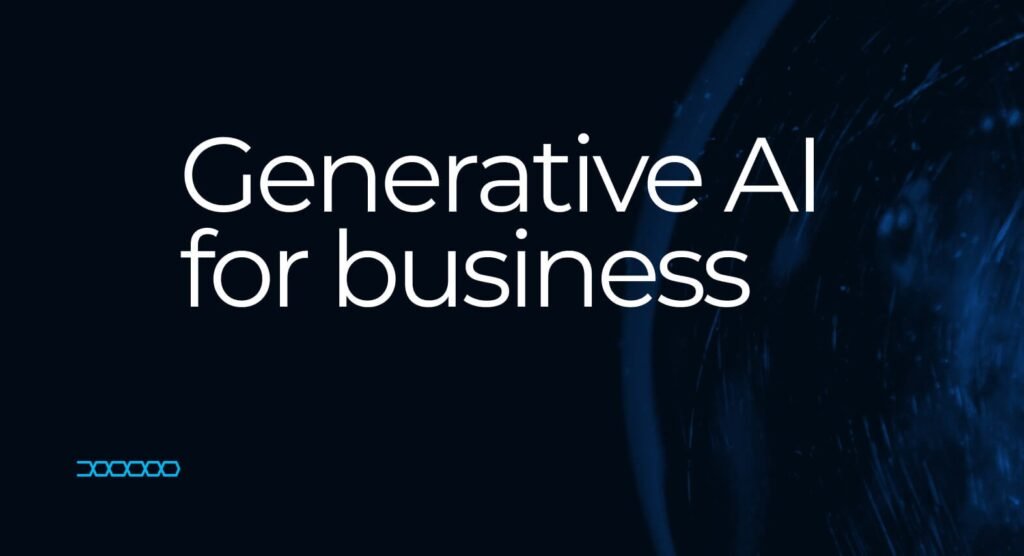
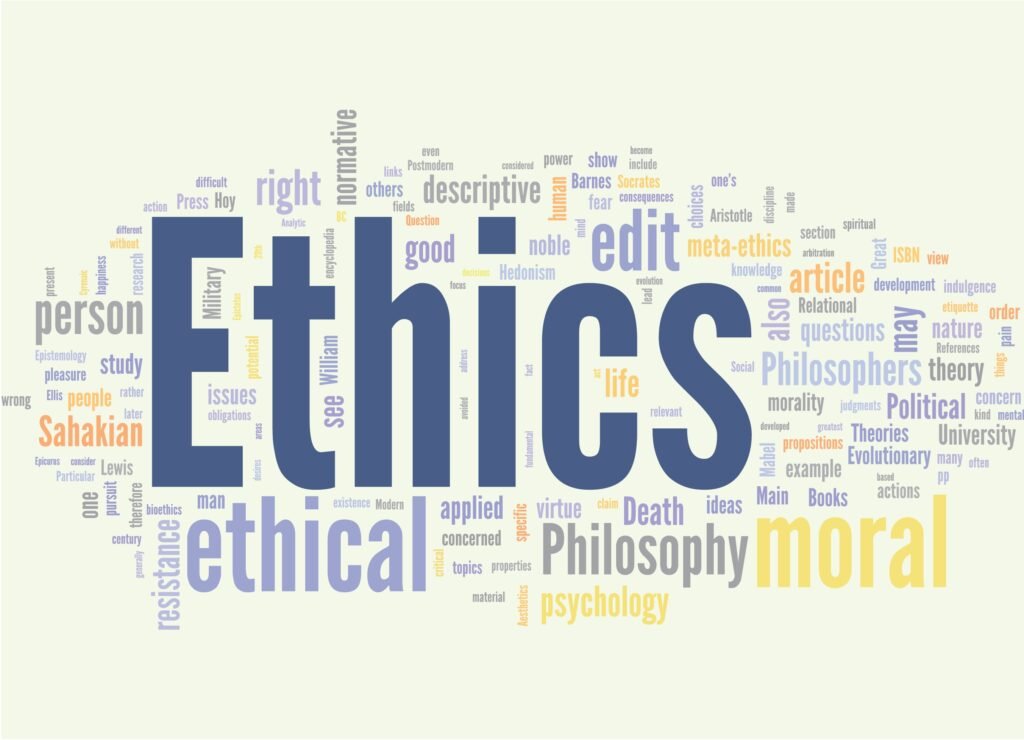
Ethical Implications and Challenges
While the potential of generative AI is immense, it also raises critical ethical concerns:
- Misinformation: AI-generated content can easily be used to create deepfakes or spread false information.
- Intellectual Property Issues: Questions arise around ownership and originality of AI-generated work.
- Bias in Data: Generative AI models may replicate biases in the data they’re trained on.
The Future of Generative AI
Generative AI is poised to play an even bigger role in shaping our future:
- Hyper-Personalized Marketing: Businesses will deliver content so tailored it feels custom-made for every customer.
- Human-AI Collaboration: AI tools will work alongside humans, enhancing creativity and productivity.
- AI-Assisted Innovation: From designing architecture to solving complex problems, generative AI will expand the boundaries of human potential.
Generative AI represents a paradigm shift in how content is created and consumed. Its potential to drive innovation, enhance creativity, and revolutionize industries is unmatched. However, with great power comes great responsibility, making it essential to address ethical concerns and use this technology wisely.
